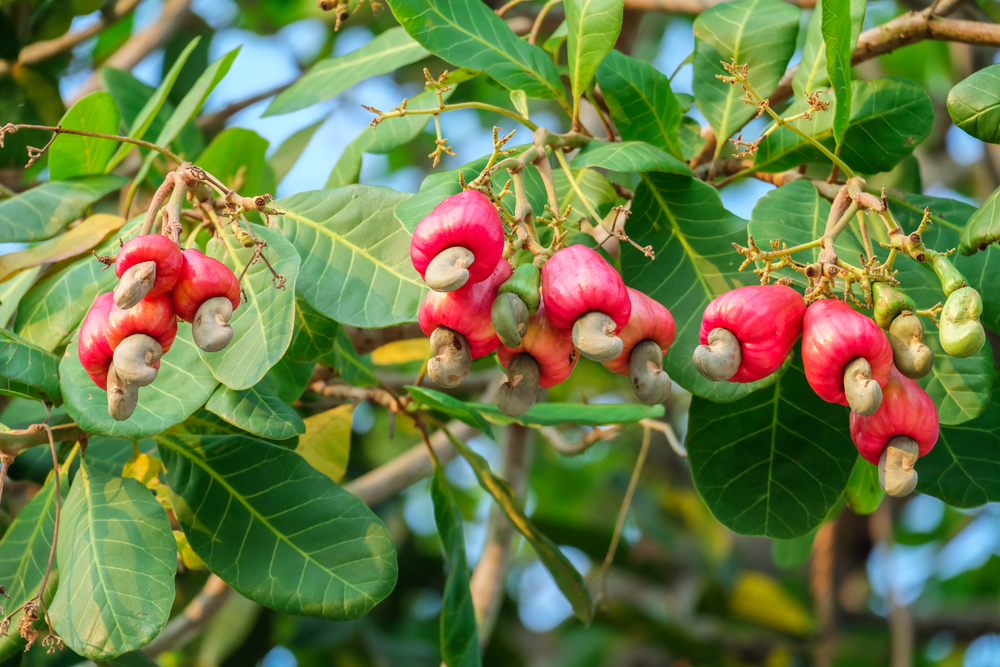Realising full investment potential in African agriculture
An Investor perspective: African Agriculture offers huge potential but has not yet been realised. Now is the time for action. Part 1
The potential for growth in Sustainable Agriculture in Africa is well understood, but has not been realised. Currently agriculture-related industry (in primary processing) accounts for nearly half of all economic activity in sub-Saharan Africa. At the same time, the continent spends $25bn each year importing food (Source: World Bank) and still has significant food risk and nutritional deficiencies in many regions. This is despite the fact that the continent holds much of the world’s potential agricultural land. Indeed, it is forecast by the World Bank and others that by 2030 agribusiness will grow to be a US$1 trillion industry in Africa.
3 Reasons for Unrealised Potential in Investment in Agriculture
Smalholders: In many Sub-Saharan African countries outside South Africa, agriculture is dominated by smallholder farmers, or is based on operations for export markets. Activities focusing on smallholder farmers have not resulted in major flow of capital into the sector. There are only limited number of small-scale farmer projects that are supported by commercially viable business plans.
Scale: Many of the business models are not sufficiently scaleable and therefore suitable for growth capital. While, there are many people investing in agriculture at a $1-2 million scale, there is a much smaller number of investors making much larger investments (e.g. KKR’s investment in Afriflora of about $200Million investment in 2014)
Greenfield vs Brownfield: Many of the agricultural opportunities are greenfield or early stage. However, most investors are looking for brownfield, or existing businesses with track records. In some cases, investment in agriculture is being made where processing facilities are struggling with their security of supply.
5 Ways to Encourage Investment in Agriculture
This is not to say that major investment opportunities cannot be developed. However, investors looking at African agriculture have to consider a number of factors:
Author, David Lyon of ImpactAgri which creates and improves large scale, sustainable agricultural value-chains. ImpactAgri acts as both principal and project developer, also working globally, acting as advisors to major companies, investors and governments.



